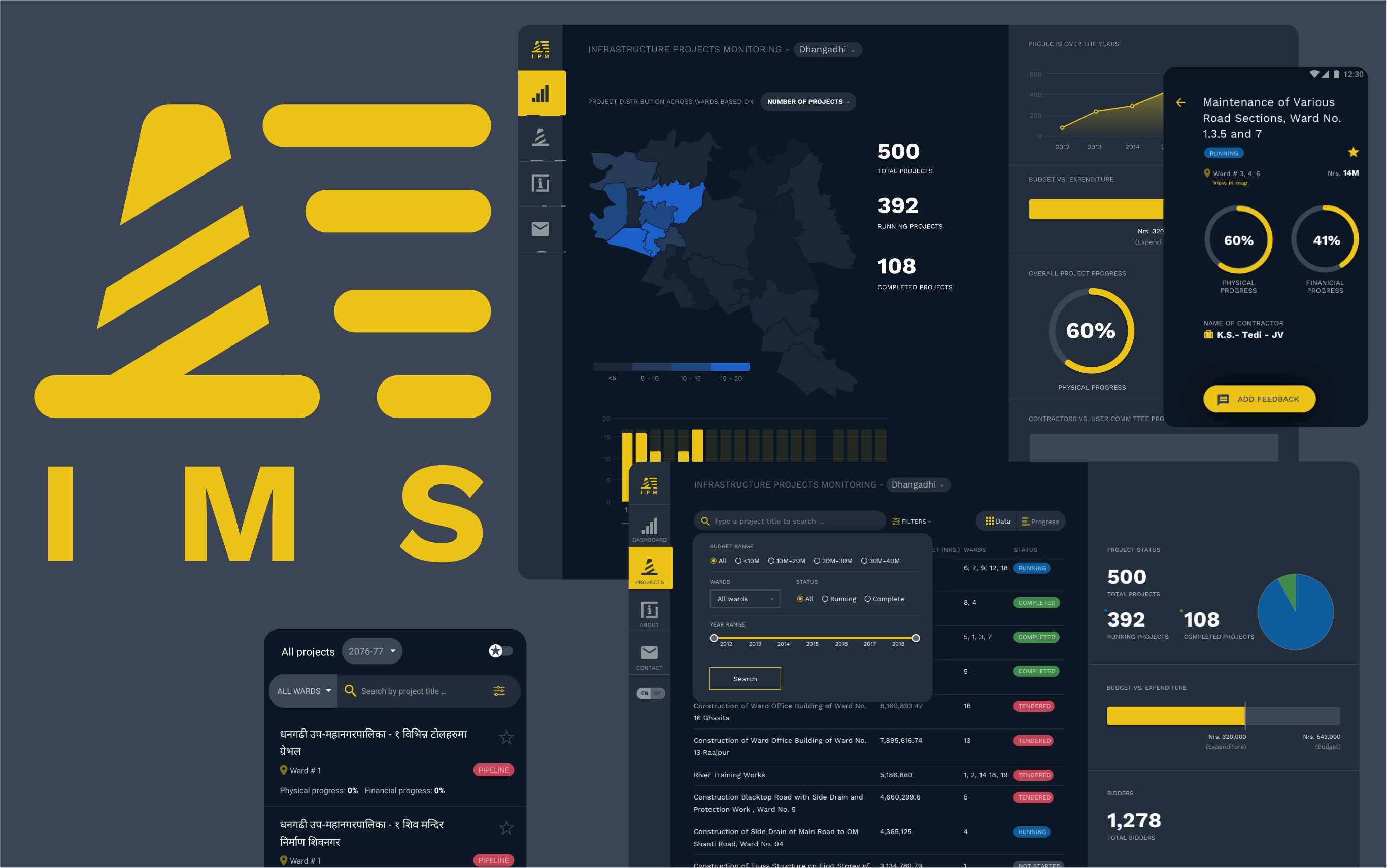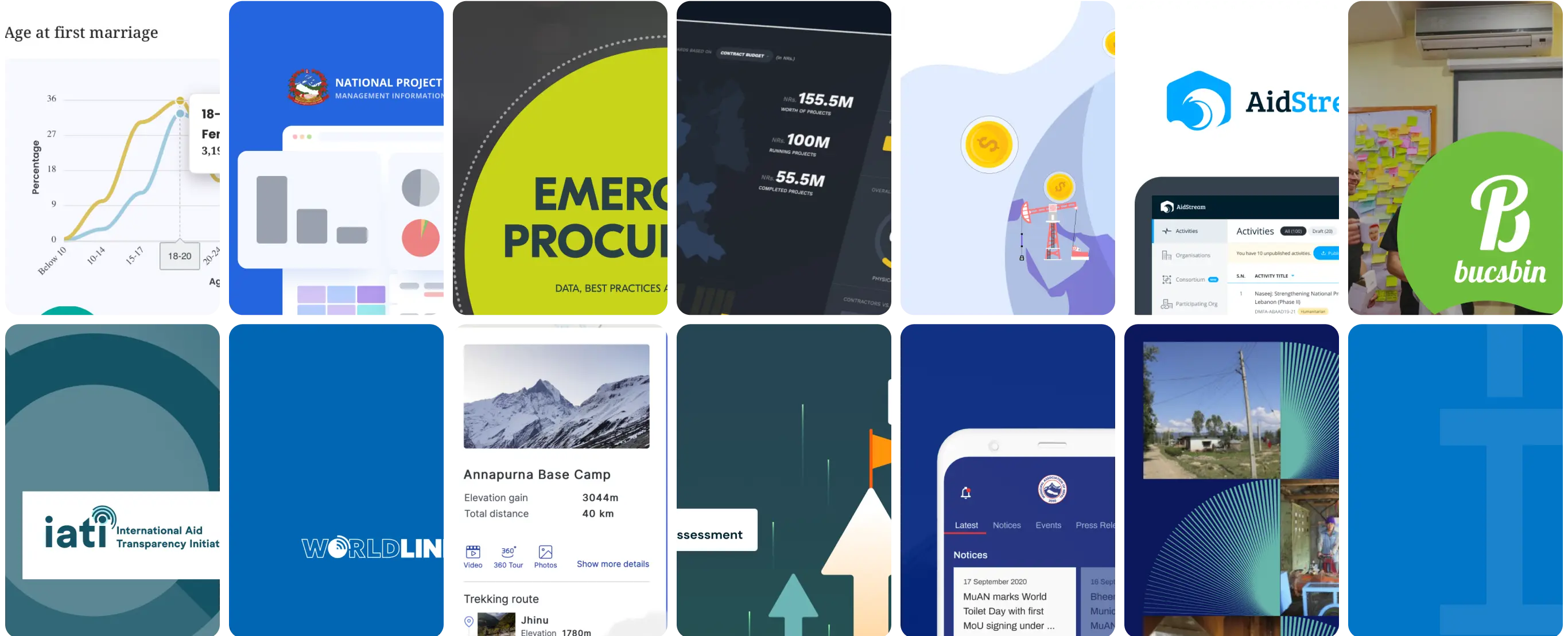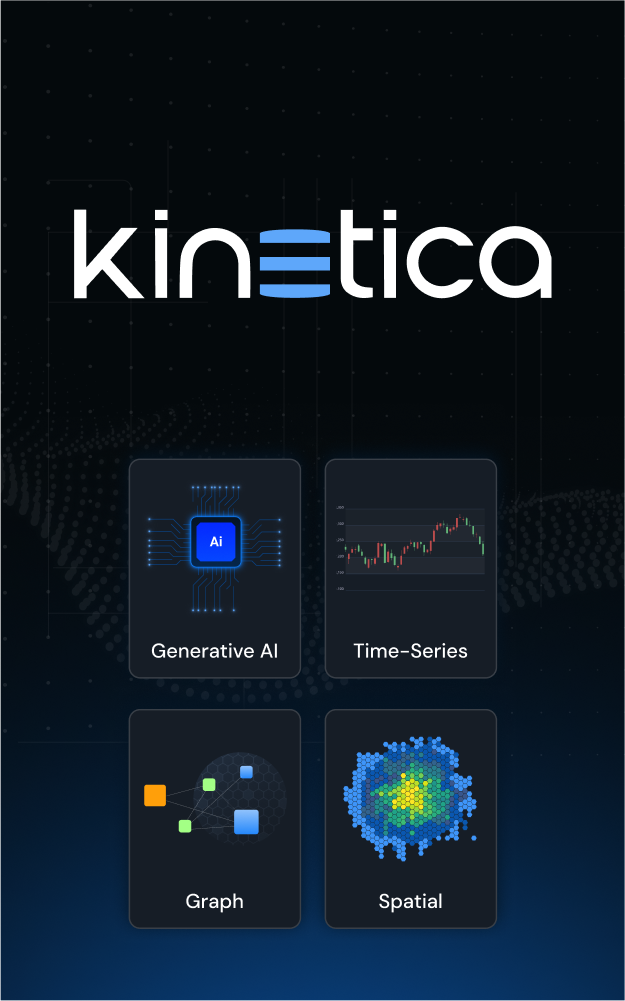Project management for local governments
WHAT WE DID
UI/UX Design, Software Development, Mobile applications, Data EngineeringINDUSTRY
Civic/Government
In Nepal, a significant portion of the public budget at the local level is spent on small-scale infrastructure and social development projects—such as road repairs, irrigation canals, and school facilities—executed through user committees. While essential to daily life and local development, these projects are often managed through paper-based processes, leading to challenges in transparency, accountability, and efficiency.
Despite the adoption of electronic procurement (e-GP) for some forms of competitive bidding, procurement via user committees remains largely undocumented in digital systems, especially at the local government level. This gap has made it difficult to monitor project status, track financial progress, ensure value for money, and involve citizens in providing feedback on infrastructure delivery. Local governments lacked a centralized system to manage their internal workflows and make informed, data-driven decisions around project implementation.
To address these issues, we designed and developed the Integrated Management System (IMS)—a comprehensive digital platform tailored to the needs of Nepal’s 753 local governments. The system is purpose-built to digitize and streamline the planning, implementation, monitoring, and feedback mechanisms for small infrastructure and social projects executed through user committees.
The IMS includes:
- Municipality and public dashboards that provide real-time visibility into all projects planned within a fiscal year, across all wards.
- Detailed project records including tender amounts, contract timelines, contractor details, and progress reports.
- Role-based dashboards for municipal engineers to manage contracts and monitor physical and financial progress.
- Feedback and grievance modules that allow ward officials, citizens, and other stakeholders to provide real-time inputs on project implementation.
- Adherence to Open Contracting Data Standards (OCDS) where applicable, to promote openness and data reuse.
Additionally, a dedicated mobile application ensures ease of access and field-level engagement. The IMS fosters greater accountability and transparency in public spending, while improving the efficiency of infrastructure development processes at the local level—ultimately helping local governments deliver better services to their citizens.




